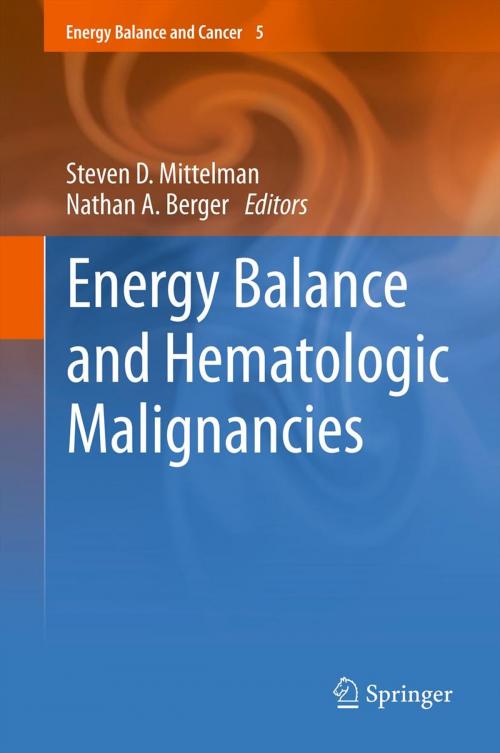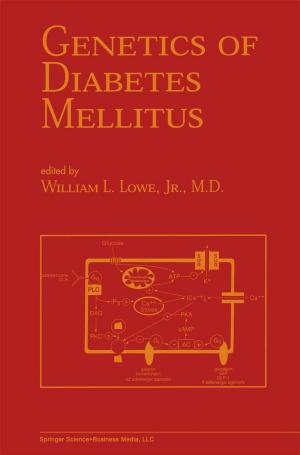Energy Balance and Hematologic Malignancies
Nonfiction, Health & Well Being, Medical, Medical Science, Pharmacology, Specialties, Oncology| Author: | ISBN: | 9781461424031 | |
| Publisher: | Springer US | Publication: | February 25, 2012 |
| Imprint: | Springer | Language: | English |
| Author: | |
| ISBN: | 9781461424031 |
| Publisher: | Springer US |
| Publication: | February 25, 2012 |
| Imprint: | Springer |
| Language: | English |
The obesity pandemic continues to increase on a world-wide basis with over 70% of the United States population being either overweight or obese. Hematologic malignancies have recently been identified among the obesity associated malignancies spanning the lifespan from childhood to the elderly and include leukemia, myeloma, lymphoma and others. In addition to the etiologic association between obesity and hematologic malignancies, the presence of obesity has profound effects on therapy by impacting pharmacokinetics of chemotherapeutic agents, dose, adipocyte metabolism and drug distribution. These may be particularly important in hematopoietic stem cell transplantation. Another important aspect of the association of obesity with hematologic malignancies is the increased incidence of obesity in children who successfully complete therapy for acute lymphoblastic leukemia. This and other observations indicate important relations between the hematopoietic systems and fat metabolism. This volume on Energy Balance in Hematologic Malignancies will provide an important volume in this series and a basis for better understanding etiology, mechanisms, therapeutics implications and experimental approaches. This volume of energy balance and cancer will focus on the relation of obesity to hematologic malignancies, the epidemiology, potential mechanisms, and thereapeutic considerations including effects on pharmacologic and physical approaches as well as the delayed effects of therapy on energy balance.
The obesity pandemic continues to increase on a world-wide basis with over 70% of the United States population being either overweight or obese. Hematologic malignancies have recently been identified among the obesity associated malignancies spanning the lifespan from childhood to the elderly and include leukemia, myeloma, lymphoma and others. In addition to the etiologic association between obesity and hematologic malignancies, the presence of obesity has profound effects on therapy by impacting pharmacokinetics of chemotherapeutic agents, dose, adipocyte metabolism and drug distribution. These may be particularly important in hematopoietic stem cell transplantation. Another important aspect of the association of obesity with hematologic malignancies is the increased incidence of obesity in children who successfully complete therapy for acute lymphoblastic leukemia. This and other observations indicate important relations between the hematopoietic systems and fat metabolism. This volume on Energy Balance in Hematologic Malignancies will provide an important volume in this series and a basis for better understanding etiology, mechanisms, therapeutics implications and experimental approaches. This volume of energy balance and cancer will focus on the relation of obesity to hematologic malignancies, the epidemiology, potential mechanisms, and thereapeutic considerations including effects on pharmacologic and physical approaches as well as the delayed effects of therapy on energy balance.















